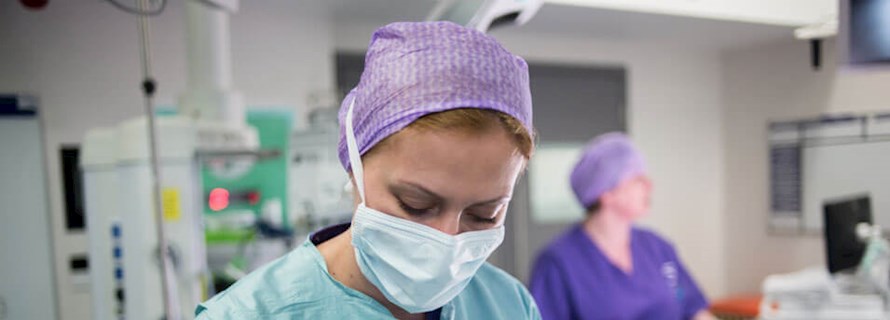Tuberculosis
TB
If you experience the symptoms of tuberculosis, our respiratory consultants are able to diagnose and treat you
About
Need to know
-
Symptoms of tuberculosis icon plus
Symptoms you may experience if you have TB include:
- persistent coughing that also produces phlegm
- high temperature/fever
- night sweats
- fatigue
- loss of appetite/weight loss
- swellings in the neck/glands
-
Diagnosis icon plus
Your consultant will discuss your symptoms with you and help to make a diagnosis. Tests we offer to diagnose tuberculosis include:
- chest X-ray to examine any visible difference in your lungs
- CT, MRI or ultrasound scan to assess other parts of the body that may be affected
- urine and blood tests
- samples of your phlegm or tissue in the affected area
- inspection of your lungs with an endoscope (long, thin tube with a camera on the end)
- Mantoux test where a substance called PPD tuberculin is inserted into your forearm
-
Potential treatment options icon plus
In most cases, TB can be treated with a strong course of antibiotics. However depending on the type of TB there are different medications and treatment options available. Antibiotics for pulmonary TB are taken over a six month period. This is the same for extrapulmonary TB, though you may also be prescribed a corticosteroid injection for the first few weeks. This is to help reduce swelling. For latent TB in older patients, your consultant may prescribe a combination of antibiotics for three months. This is because too strong a course of antibiotics may cause liver damage.
Types of tuberculosis
Pulmonary TB
Extrapulmonary TB
Latent TB
Our consultants




Our facilities
From complex surgery to straightforward procedures, we provide exceptional care across our network of hospitals, outpatient centres and specialist clinics.
Book an appointment
Our team can help with any enquiries or you can make an appointment with one of our experienced consultants.
Call us today
020 7079 4344